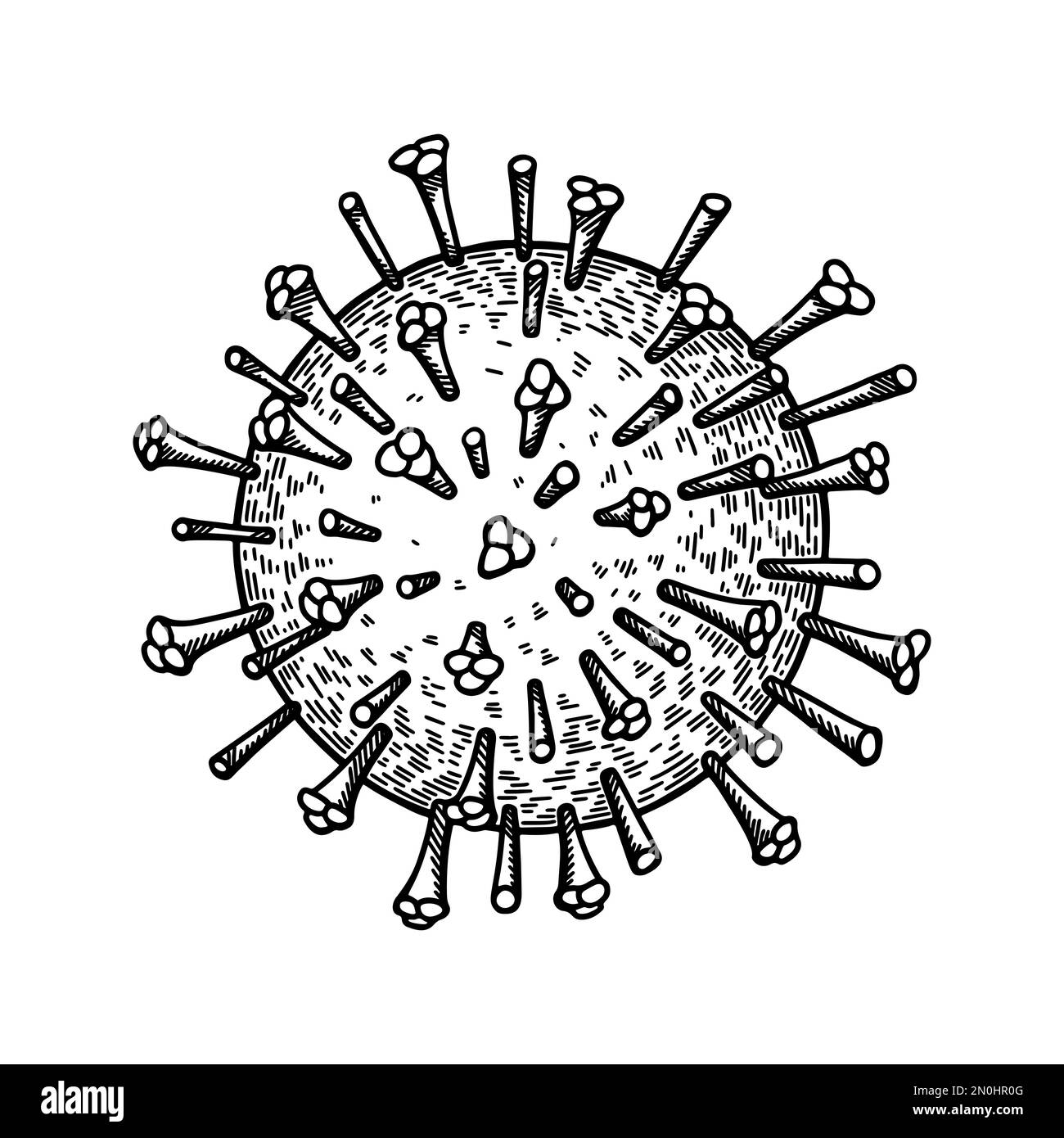Influenza Járvány: Tünetek, Megelőzés és Kezelés
Editor's Notes: "Influenza Járvány: Tünetek, Megelőzés és Kezelés" have published today. As it is significant news to share with every individual to take action and make sure to stay safe, healthy and take necessary precautions whilst moving around, going to work or school.
Our team of experts has analyzed and dug deep into various medical journals and studies, and put together this Influenza Járvány: Tünetek, Megelőzés és Kezelés guide to help you understand and take necessary steps to protect yourself and your loved ones.
Key Differences
Key Takeaways
Influenza Járvány: Tünetek, Megelőzés és Kezelés
FAQ
This section provides answers to frequently asked questions about the influenza pandemic, covering symptoms, prevention, and treatment.

Influenza A/B Antigen Test Kit - Pathkits - Source pathkits.com
Question 1: What are the symptoms of the flu?
Symptoms of the flu typically include fever, chills, muscle aches, headache, fatigue, sore throat, runny nose, and cough. In severe cases, the flu can lead to pneumonia, bronchitis, or other complications.
Question 2: How can I prevent getting the flu?
Effective ways to prevent the flu include getting an annual flu shot, washing hands frequently, avoiding touching eyes, nose, or mouth, and staying home when sick.
Question 3: What is the treatment for the flu?
Treatment for the flu typically focuses on relieving symptoms. Over-the-counter medications can help reduce fever, aches, and congestion. In some cases, antiviral medications may be prescribed to shorten the duration and severity of the illness.
Question 4: How long does the flu last?
Most people recover from the flu within a week or two. However, some people may experience lingering symptoms or complications for longer.
Question 5: When should I seek medical attention for the flu?
Seek medical attention promptly if symptoms are severe, such as high fever, shortness of breath, chest pain, or confusion. Those with underlying health conditions should also consult a healthcare professional at the onset of flu symptoms.
Question 6: Can the flu be fatal?
While most people recover from the flu without serious complications, the virus can be fatal, particularly for individuals with weakened immune systems or underlying health conditions. Each year, the flu is responsible for a significant number of hospitalizations and deaths worldwide.
By following recommended preventive measures and seeking medical attention when necessary, individuals can minimize their risk of severe illness and complications related to the flu.
For more comprehensive information, refer to the next section on flu prevention and management.
Tips
To minimize the risk of contracting or spreading the influenza virus, consider the following preventative measures:
Tip 1: Practice frequent handwashing
Regularly wash your hands with soap and water for at least 20 seconds, especially after coughing, sneezing, or touching surfaces that may be contaminated with the virus.
Tip 2: Avoid close contact with infected individuals
Maintain a distance of at least 6 feet from individuals who exhibit symptoms of influenza, such as coughing or sneezing.
Tip 3: Cover coughs and sneezes
When coughing or sneezing, cover your mouth and nose with a tissue or the crook of your elbow. Discard used tissues immediately.
Tip 4: Regularly disinfect frequently touched surfaces
Clean and disinfect commonly touched surfaces, such as doorknobs, countertops, and keyboards, with an appropriate cleaning solution.
Tip 5: Get vaccinated
Influenza Járvány: Tünetek, Megelőzés és Kezelés is the most effective way to prevent influenza infection and its complications. Get vaccinated annually to stay protected.
Tip 6: Stay home if sick
If you experience symptoms of influenza, such as fever, cough, or body aches, stay home from work or school to avoid spreading the infection.
Tip 7: Seek medical attention when necessary
If symptoms persist or worsen, especially if you experience difficulty breathing, seek medical attention promptly.
By implementing these measures, you can significantly reduce your risk of contracting and spreading influenza and contribute to the overall health of your community.
For more comprehensive information on influenza, including symptoms, prevention, and treatment options, refer to the article Influenza Járvány: Tünetek, Megelőzés és Kezelés.
Influenza Járvány: Tünetek, Megelőzés és Kezelés
Influenza, or flu, is a common, contagious respiratory disease caused by viruses that can affect people of all ages. Understanding key aspects related to influenza epidemics, including symptoms, prevention, and treatment, is crucial for minimizing its impact on public health.
- Symptoms: Fever, cough, sore throat, body aches, fatigue
- Prevention: Vaccination, frequent handwashing, avoiding contact with sick individuals
- Treatment: Rest, over-the-counter medications, antiviral drugs in severe cases
- Spread: Droplets from coughs and sneezes, contact with contaminated surfaces
- Complications: Pneumonia, bronchitis, sinus infections
- Epidemiology: Seasonal epidemics, can be mild or severe
These key aspects highlight the multi-faceted nature of influenza epidemics, emphasizing the importance of preventive measures like vaccination and hand hygiene, as well as early diagnosis and treatment to reduce complications and protect vulnerable populations. By understanding and addressing these aspects, individuals and healthcare systems can effectively mitigate the impact of influenza on public health.

Influenza 2024 Nz - Tara Zulema - Source donaysharyl.pages.dev
Influenza Járvány: Tünetek, Megelőzés és Kezelés
Influenza, commonly known as the flu, is a contagious respiratory illness caused by influenza viruses that infect the nose, throat, and sometimes the lungs. Influenza viruses are highly contagious and can spread through droplets in the air when an infected person coughs, sneezes, or talks. Symptoms of influenza typically appear 1-4 days after exposure to the virus and can include fever, chills, muscle aches, headaches, fatigue, sore throat, runny nose, and cough.

Influenza virus isolated on white background. Hand drawn realistic - Source www.alamy.com
Prevention of influenza is crucial to reduce the spread of the virus and its complications. The most effective way to prevent influenza is by getting vaccinated annually. The influenza vaccine is recommended for everyone over six months of age and is particularly important for individuals at high risk of developing serious complications from influenza, such as the elderly, young children, pregnant women, and those with chronic health conditions.
Treatment for influenza aims to relieve symptoms and prevent complications. Rest, fluids, and over-the-counter medications can help manage symptoms. In some cases, antiviral medications may be prescribed to reduce the severity and duration of symptoms. Early treatment with antiviral medications is most effective in preventing complications.
Conclusion
Influenza is a highly contagious and potentially serious respiratory illness. Vaccination is the most effective way to prevent influenza and its complications. Early diagnosis and treatment can help reduce the severity and duration of symptoms and prevent complications. By understanding the causes and symptoms of influenza and taking preventive measures, individuals can protect themselves and their communities from the spread of this preventable illness.



